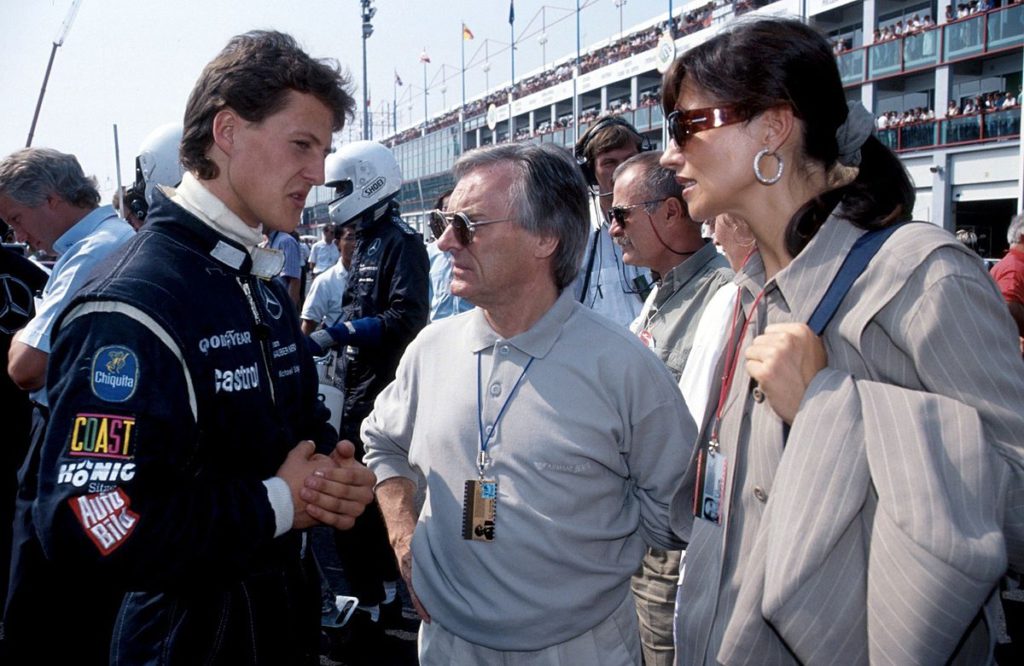F1 tycoon backed gold deal in at heart of money laundering trial

Formula One mogul Bernie Ecclestone put up millions of dollars to backstop a series of gold transactions that made “no commercial sense,” prosecutors said at a trial into one the U.K.’s biggest money laundering operations.
Ecclestone provided a $10 million personal guarantee for a gold deal for his then son-in-law, James Stunt, prosecutors said, as they laid out an elaborate chain of transactions aimed at hiding the origin of bags of street cash. In total, some 266 million pounds ($328 million) was banked by NatWest Group Plc and then laundered, prosecutors allege.
Ecclestone isn’t a defendant in the case and hasn’t been accused of wrongdoing. Stunt is one of eight people standing trial over allegations of laundering cash from criminal activity.
Only a few branded bars were ever made, and no Formula One gold coins were ever minted, Clarke said. “The involvement in these businesses made no commercial sense at all and appear to be vanity projects” for Stunt, he said.
The financing arrangement, provided by Canada’s Bank of Nova Scotia, was intended to help pay for branded gold bars and coins. Instead, the money was used to acquire gold that would be melted and broken up and destined for Dubai, Nicholas Clarke, the lead prosecution lawyer, said. The Canadian bank isn’t alleged to have done any wrongdoing.
Scotiabank also delivered around 50 million pounds of gold — some 1700 kilograms — to Stunt’s firm. Stunt, who was previously married to Ecclestone’s daughter Petra, says he didn’t know the cash was criminal and has denied any misconduct. He told authorities that if he’d had the “slightest suspicion that anything illegal” was taking place, then he would have walked away, Clarke said.
But the prosecutor said Stunt was not as wealthy as he claimed he was. “His own personal finances are shrouded in mystery,” Clarke said.
Dubai
Much of the gold, purchased with Scotiabank’s financing, was cut up and melted down into “wholly anonymous” grains and shipped to Dubai rather than being used to produce the branded gold bars, Clarke said.
The money was sent overseas “in order that in due course it could be returned to the crooks from where it came,” Clarke said.
Bank of Nova Scotia later called in the loan, requiring Ecclestone to repay the full $10 million, he said.
Jurors previously heard that directors at the English gold dealer tried to hide that they were processing huge amounts of cash from Bank of Nova Scotia.
“Don’t talk about cash” one director said as a group of officials from the bank visited the gold dealer Fowler Oldfield on a due diligence trip.
(By Jonathan Browning)
{{ commodity.name }}
{{ post.title }}
{{ post.date }}




Comments
robt
None of the numbers make any sense in this reporting.